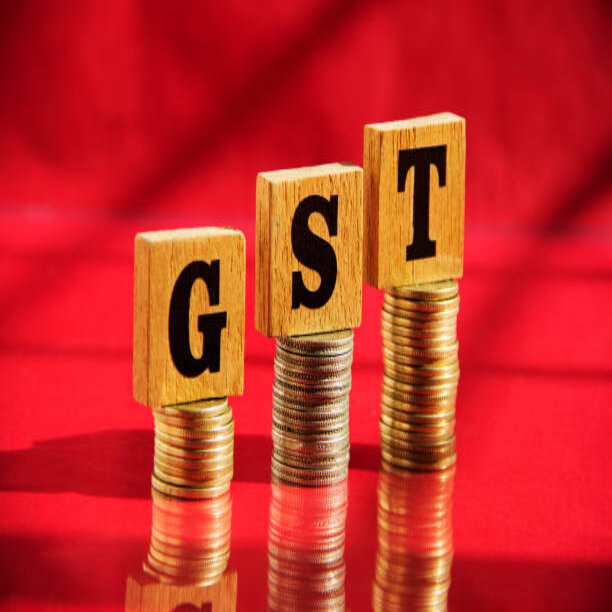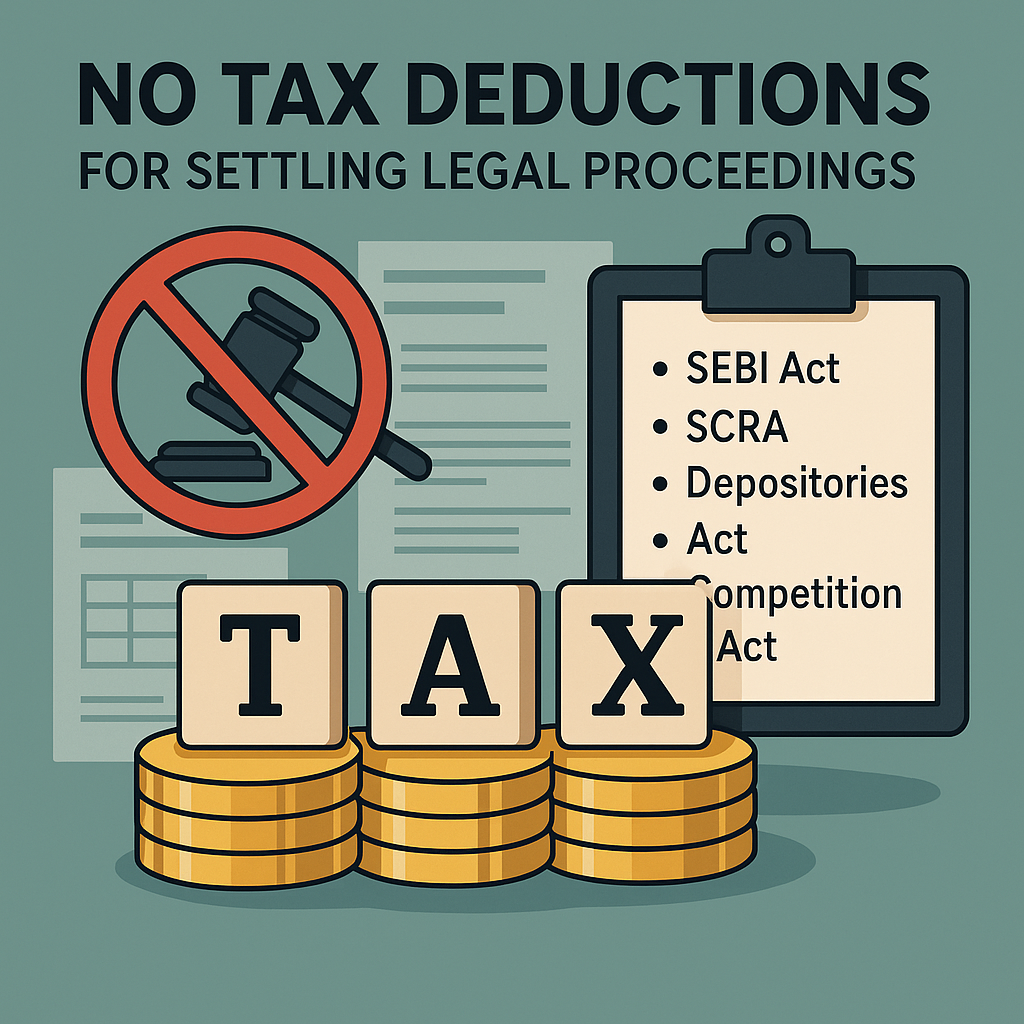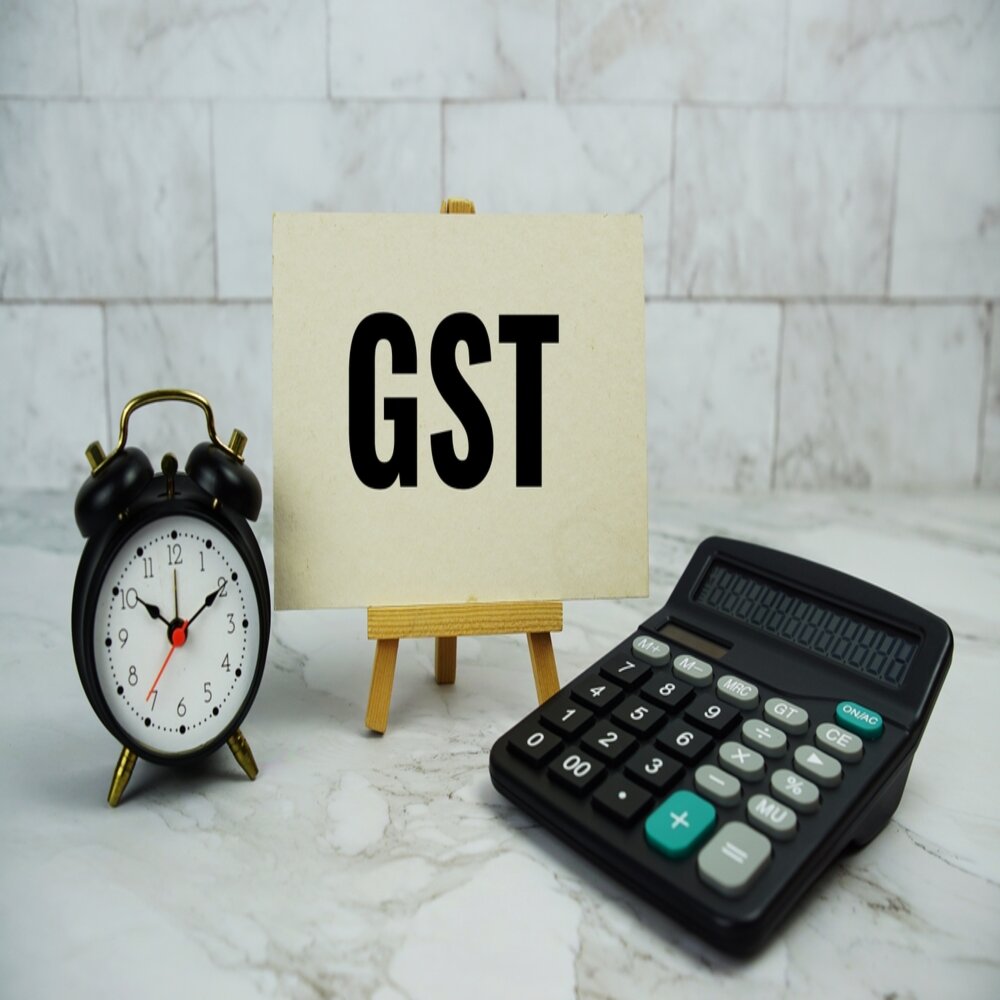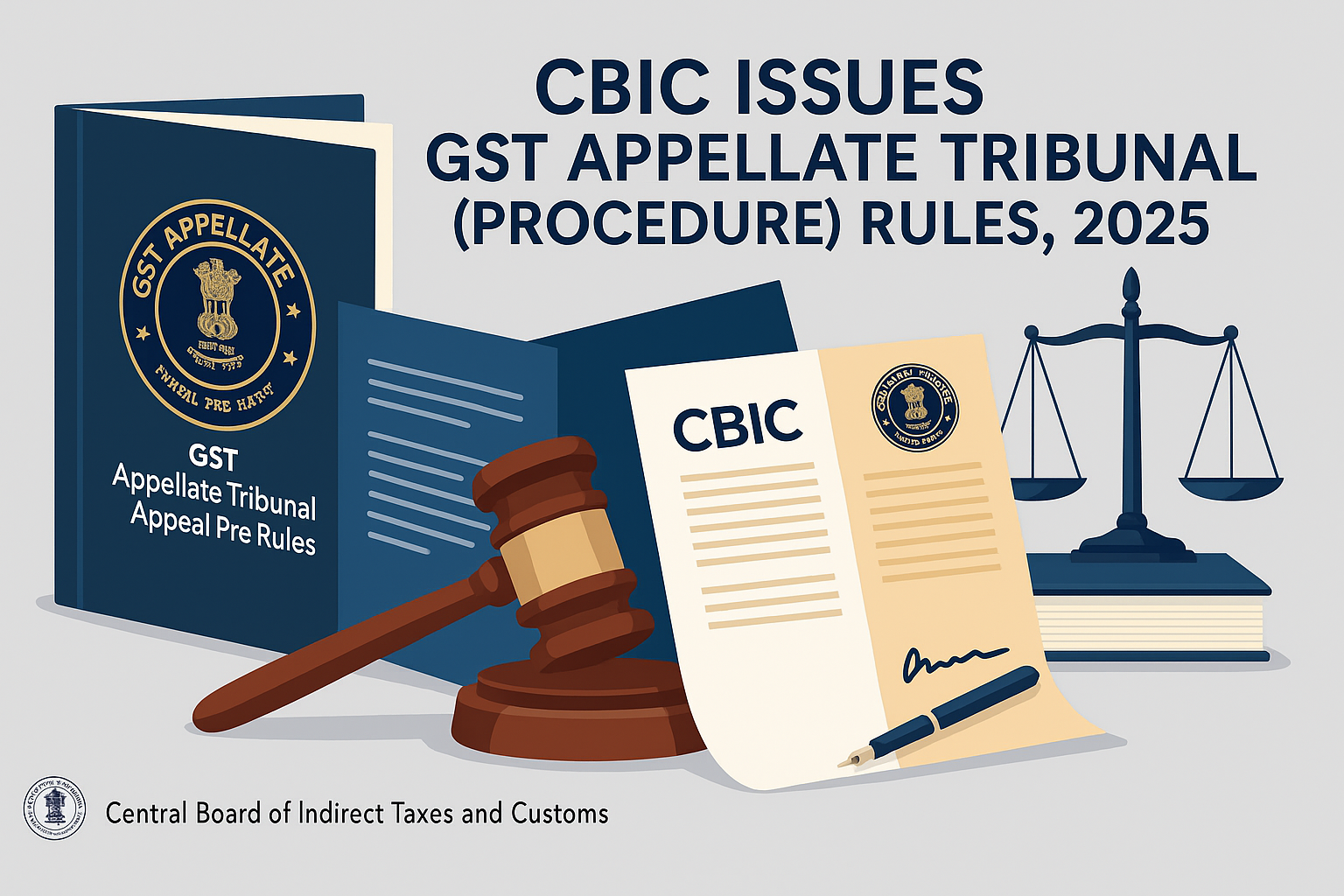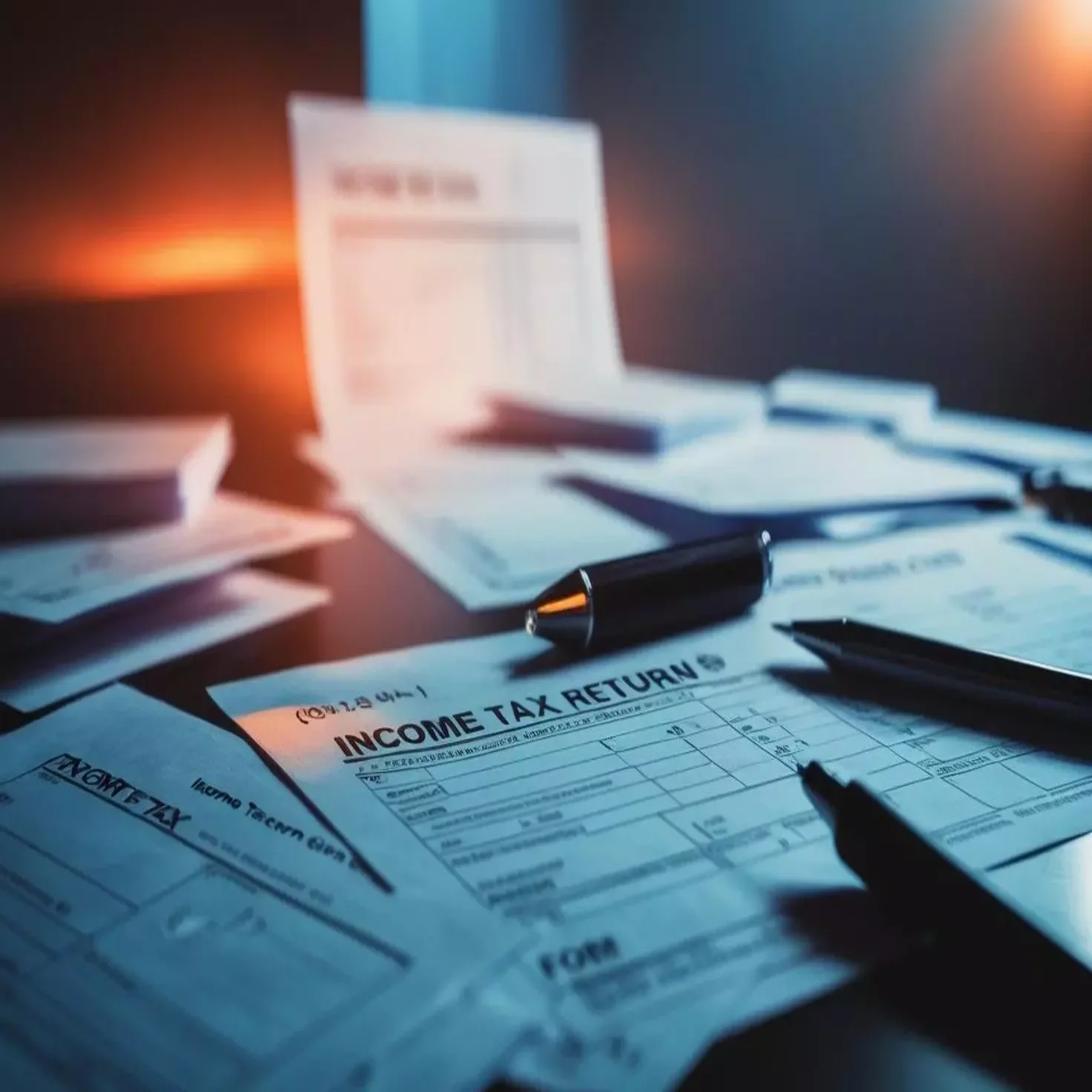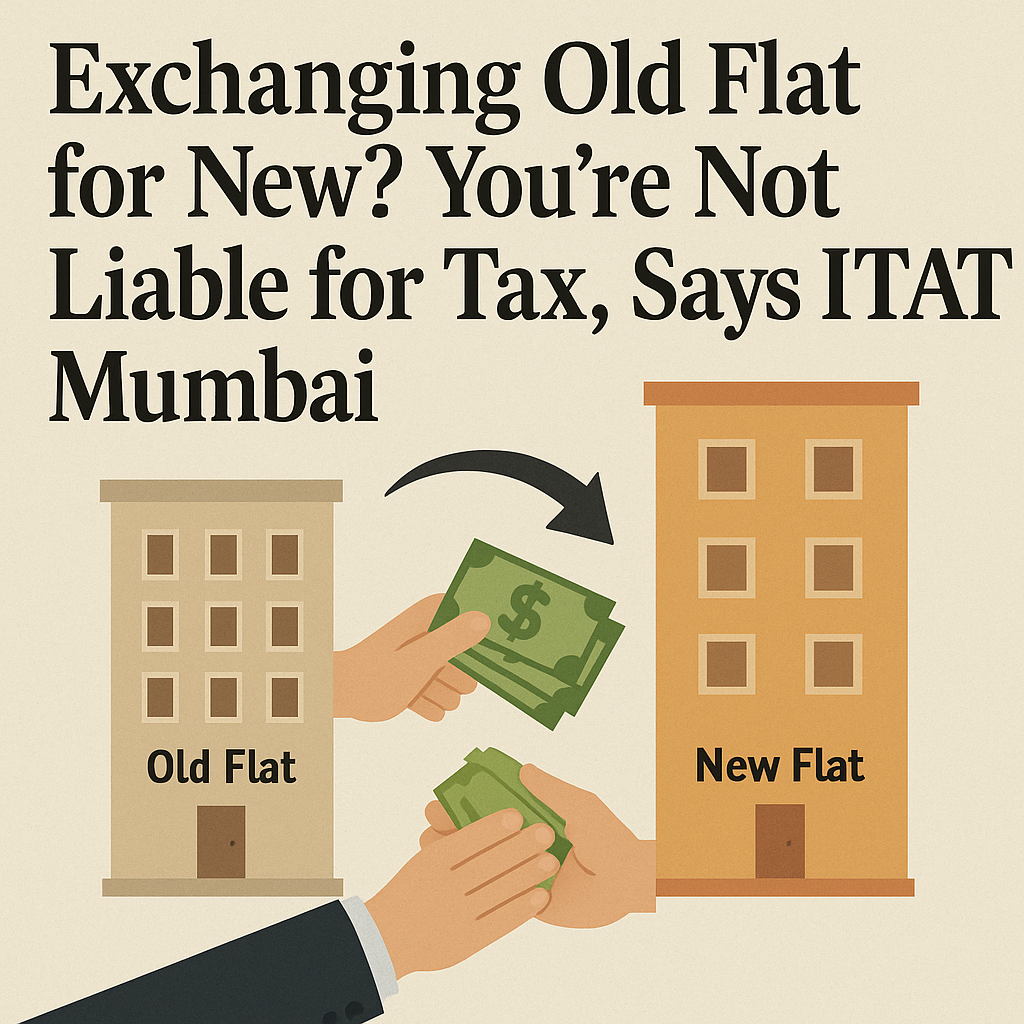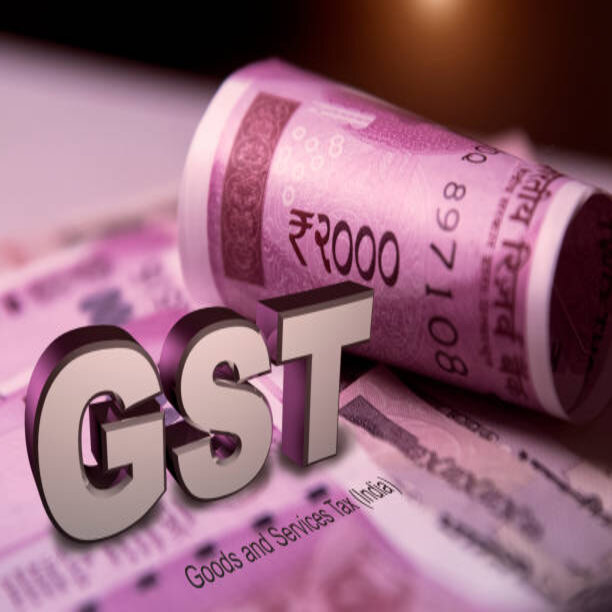The Centre issues revised guidelines for the GST Appellate Tribunal.
New Delhi, The government has notified the Goods and Services Tax Appellate Tribunal (GSTAT) (Procedure) Rules which make it online filing of applications mandatory, provide for hybrid hearings and listing of cases on an urgent basis steps that will make the adjudication process simpler for businesses.
The notification states that the rules come into effect from April 24, 2025, and the GSTAT portal has already gone live.
The move marks a major step in streamlining tax litigation under the GST regime. Under the new rules, all appeals and applications must be filed digitally via the official GSTAT portal.
The framework, laid out in 15 chapters, covers procedures from the admission of appeals to hearings and final orders. The Tribunal will allow hybrid hearings — either in person or through video conferencing — as approved by the Tribunal President.
It has also set strict timelines and said that urgent appeals filed by noon can be listed on the next working day and late filings by 3 p.m. can also be listed with permission on the next working day.
Respondents will have to reply within one month and applicants can file a rejoinder also within one month. The tribunal will issue ordered within a period of 30 days from the date of the final hearing, excluding holidays.
The tribunal will sit on all working days from 10.30 a.m.-1.30 p.m. and 2.30 p.m.-4.30 p.m., with possible extensions while the office remain open from 9 a.m. to 6 p.m. on working days.
A daily cause list will be posted online and on notice boards, prioritising order pronouncements, clarifications, and admissions.
Experts are of the view that on online filings would reduce delays and help in faster resolution of tax disputes.
The GSTAT is the Appellate Authority under the GST Act to hear appeals on tax disputes against the orders passed by the Appellate or Revisional authorities. Its Principal Bench is based in New Delhi and has 31 State Benches located across the country, with sittings in 44 different locations

